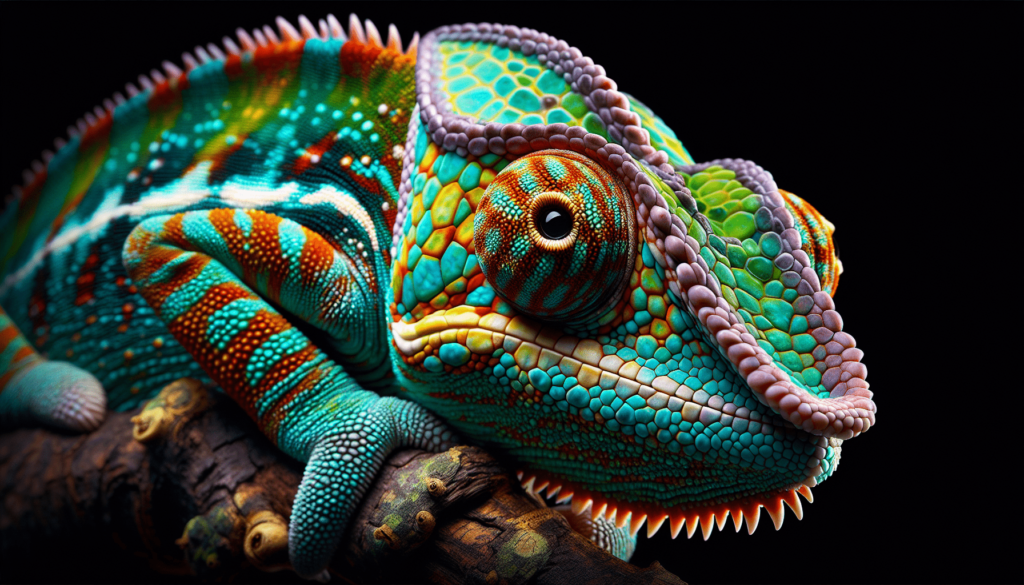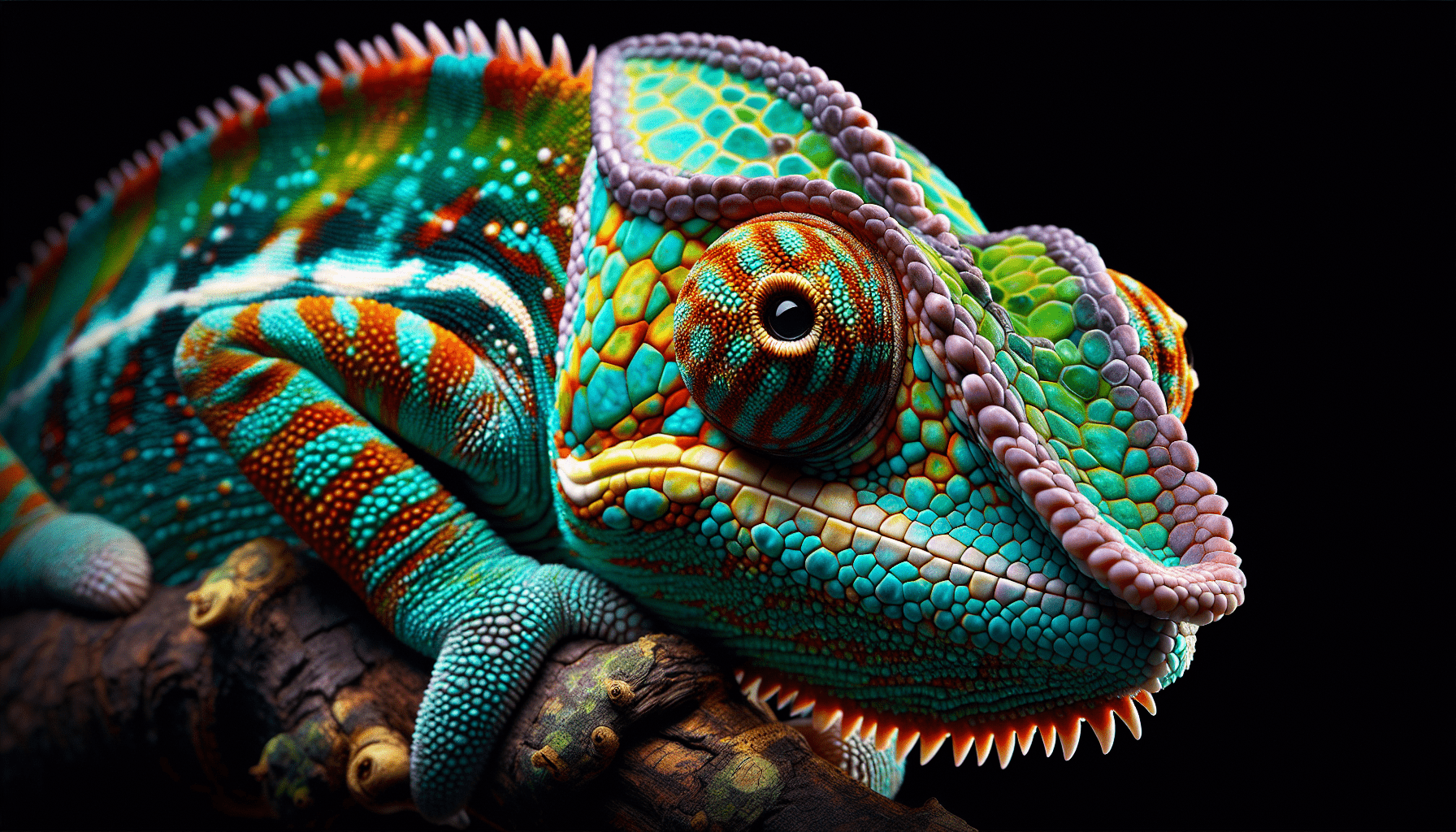Welcome to an eye-opening article on the exotic pet trade. In this article, you will gain a deeper understanding of this industry and the impact it has on both animals and ecosystems. From the ethical considerations to the legal regulations, we will explore the complexities of this controversial trade. By the end of this article, you will have a better grasp of the issues at hand and be better equipped to make informed decisions regarding exotic pets. Let’s delve into the world of the exotic pet trade and broaden our knowledge on this important topic. Have you ever wondered where exotic pets come from or how they end up in pet stores or in people’s homes?

The Basics of the Exotic Pet Trade
Let’s start by breaking down what exactly the exotic pet trade is and how it operates. The exotic pet trade refers to the buying, selling, and trading of exotic animals as pets. These animals can range from reptiles like snakes and lizards to mammals like monkeys and big cats.
Why Do People Participate in the Exotic Pet Trade?
Many people are drawn to exotic pets due to their unique and rare nature. Some individuals believe that owning an exotic pet can make them stand out or appear more interesting to others. Additionally, some people may be attracted to the challenge of caring for a non-traditional pet.
The Impact of the Exotic Pet Trade
Now that we have a better understanding of what the exotic pet trade entails, let’s delve into the impact this industry has on animals, ecosystems, and society as a whole.
Animal Welfare Concerns
One of the major issues with the exotic pet trade is the welfare of the animals involved. Many exotic animals are captured from their natural habitats or bred in captivity under poor conditions. This can result in a host of welfare issues, including malnutrition, stress, and inadequate living conditions.
Threats to Ecosystems
The exotic pet trade can also have negative consequences for ecosystems. When exotic animals are removed from their natural habitats, it can disrupt the delicate balance of local ecosystems. For example, an invasive species that escapes captivity could outcompete native species for resources, leading to biodiversity loss.
Public Safety Risks
In addition to animal welfare and ecological concerns, the exotic pet trade poses risks to public safety. Some exotic animals, especially large or venomous species, can be dangerous to handle and may pose a threat to their owners or the general public.
Regulation of the Exotic Pet Trade
Given the potential dangers associated with the exotic pet trade, various regulations have been put in place to try and mitigate these risks.
CITES
One of the primary international agreements governing the trade of exotic animals is the Convention on International Trade in Endangered Species of Wild Fauna and Flora (CITES). CITES aims to ensure that the international trade of wild animals and plants does not threaten their survival.
Local and State Laws
In addition to international regulations like CITES, many countries, states, and local jurisdictions have their own laws regarding the ownership and trade of exotic pets. These laws may restrict or prohibit the ownership of certain species, require permits for ownership, or establish standards for the care of exotic animals.
Ethical Considerations
Beyond the legal regulations surrounding the exotic pet trade, there are also ethical considerations to take into account when deciding whether to own an exotic pet.
Conservation Concerns
One of the key ethical issues surrounding the exotic pet trade is its impact on conservation efforts. As mentioned earlier, the removal of animals from their natural habitats can have negative repercussions for wild populations. By participating in the trade of exotic pets, individuals may inadvertently contribute to species decline.
Responsible Ownership
Another ethical consideration is the concept of responsible ownership. Owning an exotic pet comes with unique challenges and responsibilities that not all individuals may be prepared for. It’s important for potential exotic pet owners to thoroughly research the care requirements of the species they are interested in and ensure they can provide a suitable environment for the animal.

Alternatives to Exotic Pets
If the ethical concerns and potential risks associated with the exotic pet trade give you pause, fear not! There are plenty of alternative options for individuals looking to bring an interesting and unique animal into their lives.
Rescue and Adoption
One great alternative to purchasing an exotic pet from a breeder or pet store is to adopt one from a rescue organization or sanctuary. Many exotic animals are surrendered or confiscated each year and are in need of loving homes. By adopting a rescue animal, you can give a second chance to an animal in need.
Domesticated Exotic Species
Another option is to look into domesticated exotic species. These are animals that have been bred in captivity for generations and are better suited to living as pets than their wild counterparts. Unlike wild-caught animals, domesticated exotic species may be more accustomed to human interaction and may have fewer specialized care requirements.
Conclusion
In conclusion, the exotic pet trade is a complex and multifaceted industry that raises numerous ethical, environmental, and welfare concerns. By understanding the basics of this trade, its impact, and the regulations in place to govern it, you can make more informed decisions about whether to own an exotic pet. Remember, there are plenty of alternative options available for those seeking a unique pet experience that doesn’t contribute to the harms associated with the exotic pet trade.

